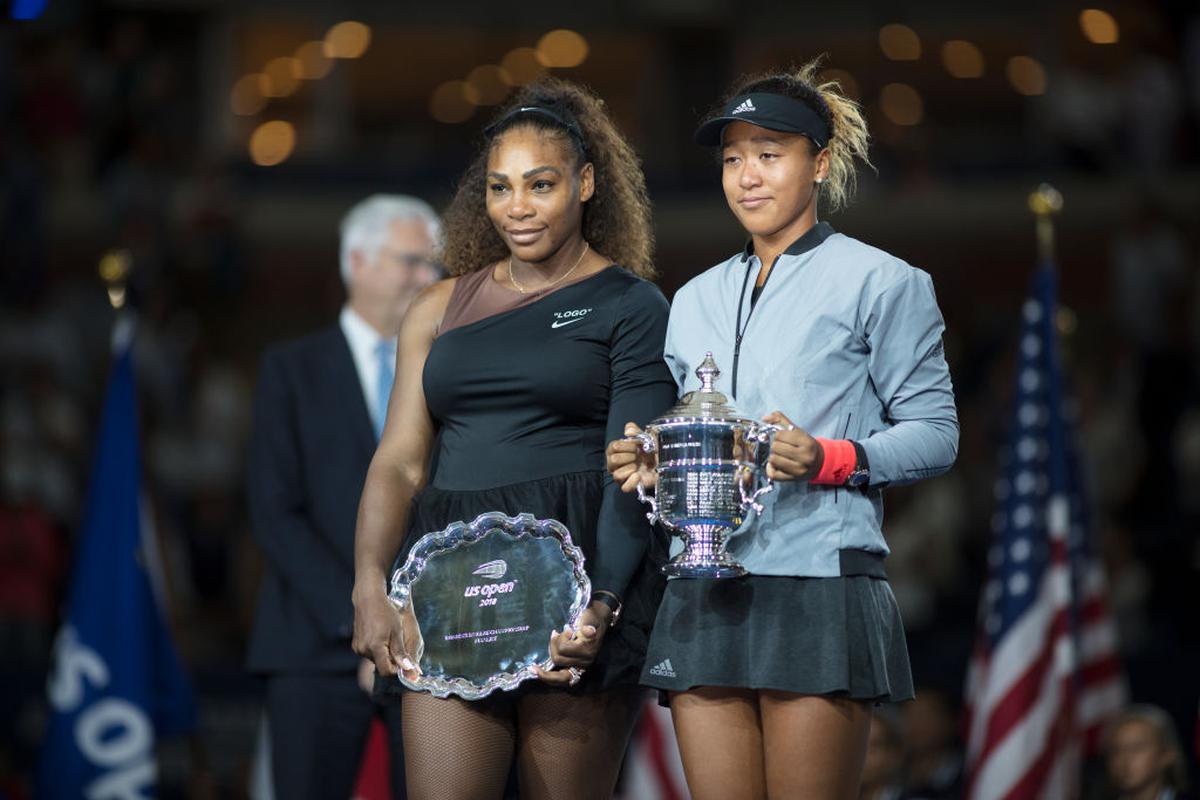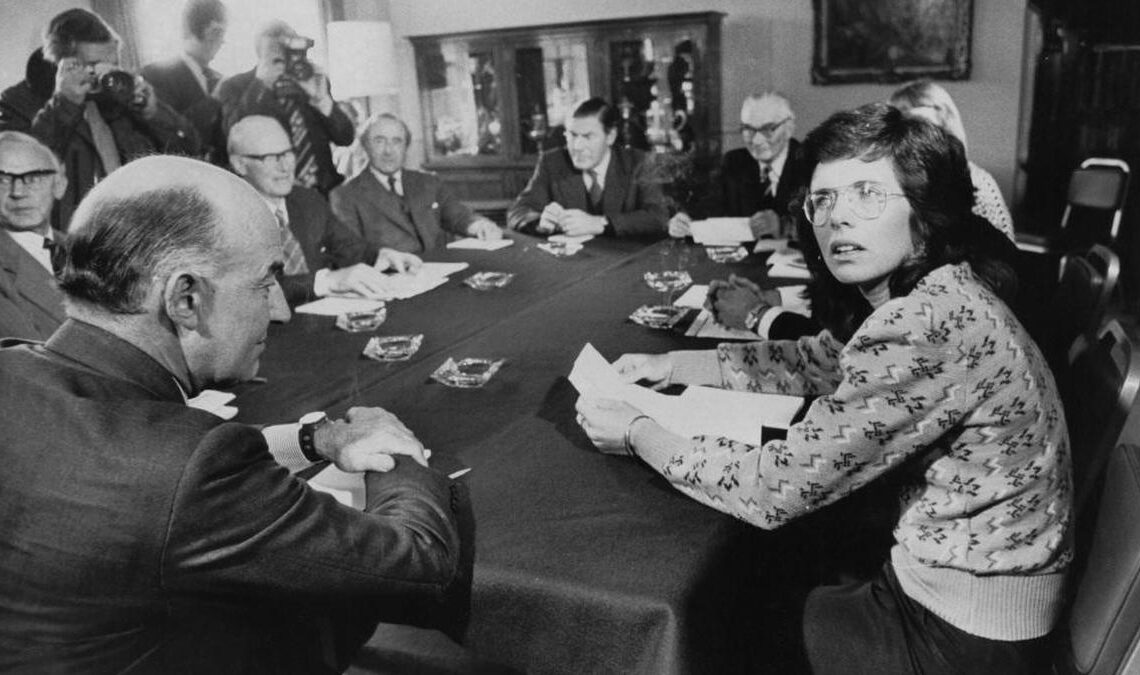For long, a woman’s worth in sport was a function of whether she could match a man or be better than him. It was no different in tennis, where benefits and privileges weren’t shared equally. At the 1972 US Open, the men’s singles winner took home $25,000. The women’s winner received $10,000.
This was part cultural, with the general attitude being that women were inferior to men, and part economic, with the differentiating factor being the number of sets women played in a match vis-à-vis men: three to five.
Cut to the present, women’s tennis is a beacon for the rest of the sporting universe when it comes to gender equality. The four Grand Slams — the crown jewels of the sport — pay men and women equally, and in December 2022, the Forbes list of highest-earning women athletes featured seven tennis players in the top 10, with Naomi Osaka, a four-time Major winner, and Serena Williams, a 23-time Slam champion, ranked one and two.

Serena Williams (left) and Naomi Osaka at the 2018 US Open.
| Photo Credit:
Getty Images
It all started exactly half a century ago when the legendary Billie Jean King led the fight that forced the US Open to become the first Major to ensure pay parity in 1973. That same year, a 29-year-old King triumphed in the ‘Battle of the Sexes’ match against a 55-year-old Bobby Riggs (6-4, 6-3, 6-3) and also formed the Women’s Tennis Association (WTA), which is today the governing body.
Support for AIDS research, Black Lives Matter, Ukraine war victims

Tennis legend Martina Navratilova at the United Nations to appeal to world sports bodies to do more to support gay athletes.
| Photo Credit:
AP
It is not just financially that the women’s game has been a force of advancement. Athletes ranging from Martina Navratilova to Williams to Osaka to the teenaged Coco Gauff have all spoken passionately about issues close to their hearts.
Navratilova, who has won 59 Majors across singles, doubles and mixed doubles, is actively involved in LGBTQIA+ causes, securing equal rights and advocating AIDS research, among others. Williams has often spoken out against gun violence in America, moved as she was by her half-sister’s death to the ghastly crime.
Osaka’s and Gauff’s were the leading athlete voices in the Black Lives Matter movement. At the 2020 U.S. Open that she won, Osaka wore seven masks to seven matches, each highlighting the name of a victim of racial injustice.
And when she withdrew from the semifinals of the 2020…
Click Here to Read the Full Original Article at | The Hindu…

